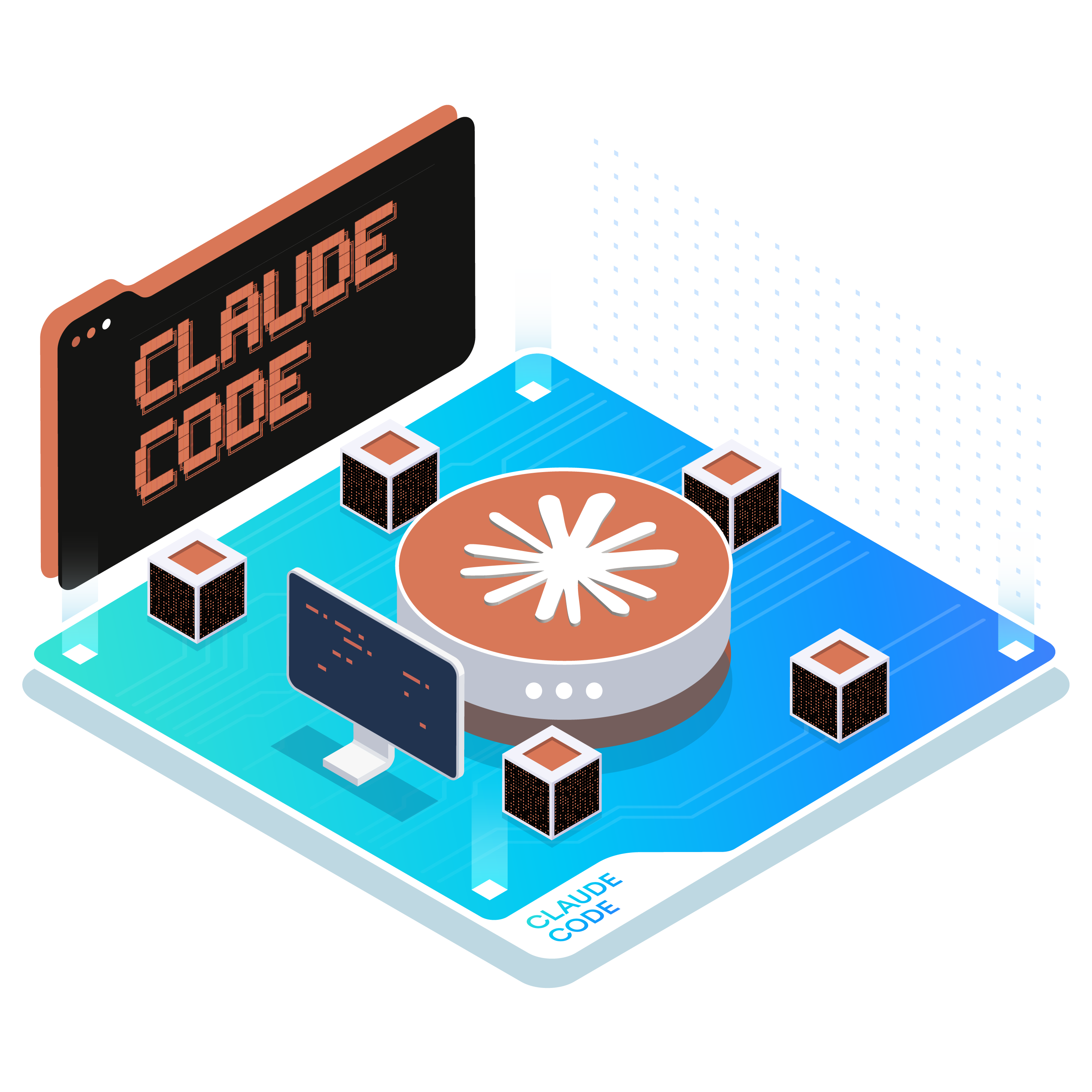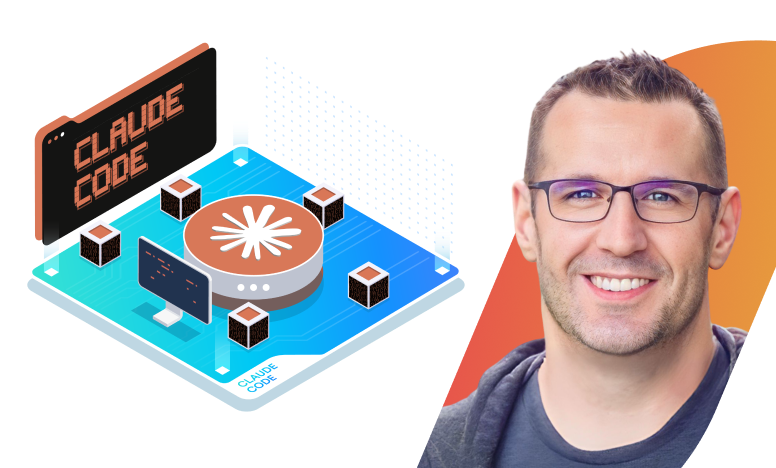What you’ll learn
Our students work at..







Description
Claude Code for Beginners is a hands-on course that teaches you to collaborate with Claude as a practical coding partner, moving from your first session to building, testing, reviewing, and shipping real projects. You’ll learn reliable prompting habits, navigate multi-file codebases with confidence, integrate external services, and automate delivery workflows—so you can develop faster without compromising quality or security.
Introduction
This section orients you to Claude Code’s capabilities and limitations, walks through prerequisites and initial setup, and gets you running your first end-to-end session. You’ll learn how to present a codebase so Claude can understand structure and conventions, and how to provide the right context for precise, verifiable changes.
Prerequisites
You should be comfortable with basic programming in JavaScript/TypeScript or Python, the command line, Git, and a modern editor, and be able to install tooling such as Node.js or Python and a package manager. Familiarity with HTTP/REST, databases, and testing concepts is helpful but not required, and all required project templates and sample repos are provided.
Getting Started
You’ll scaffold a project from scratch with Claude’s help and prepare it for public release with licenses, documentation, and versioning. The module establishes unit testing as a default practice, introduces safe autonomous task completion with clear acceptance criteria and review checkpoints, and sets up environment and configuration management for predictable, reproducible workflows.
Working with Claude Code
This section develops day-to-day collaboration skills: managing long sessions effectively, writing development prompts that drive accurate implementation, and coordinating cross-file changes in real repositories. You’ll use Claude for code reviews and lightweight security audits and integrate external APIs and services with proper authentication, error handling, and testable mocks.
Advanced Claud Code Features
You’ll progress to scoped autonomy with Claude Code Agents, apply test-driven development to guide design and refactoring, and model data with safe, reversible migrations. The module closes with building CLI tools, integrating frontend and backend through clear contracts and shared types, and establishing CI/CD pipelines that automate quality gates, security checks, and releases.
Who is this course for?
- Developers and engineers new to AI-assisted coding who want production-ready habits
- DevOps and platform teams standardizing AI-in-the-loop delivery workflows
- AI practitioners and educators teaching prompt-driven software development
- Tech leads seeking repeatable, auditable patterns for faster, safer shippingCourse overview
What our students say

About the instructor
Jeremy Morgan is a Senior Training Architect with endless enthusiasm for learning and sharing knowledge. Since transitioning from an engineering practitioner to an instructor in 2019, he has been dedicated to helping others excel. Passionate about DevOps, Linux, Machine Learning, and Generative AI, Jeremy actively shares his expertise through videos, articles, talks, and his tech blog, which attracts 9,000 daily readers. His work has been featured on Lifehacker, Wired, Hacker News, and Reddit.
.svg)


.svg)
.svg)








